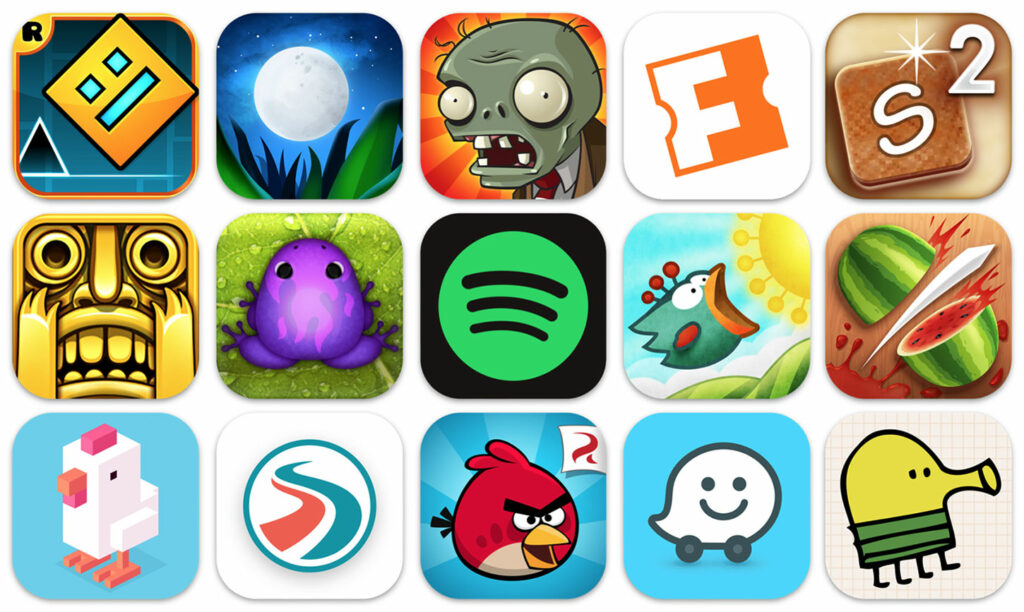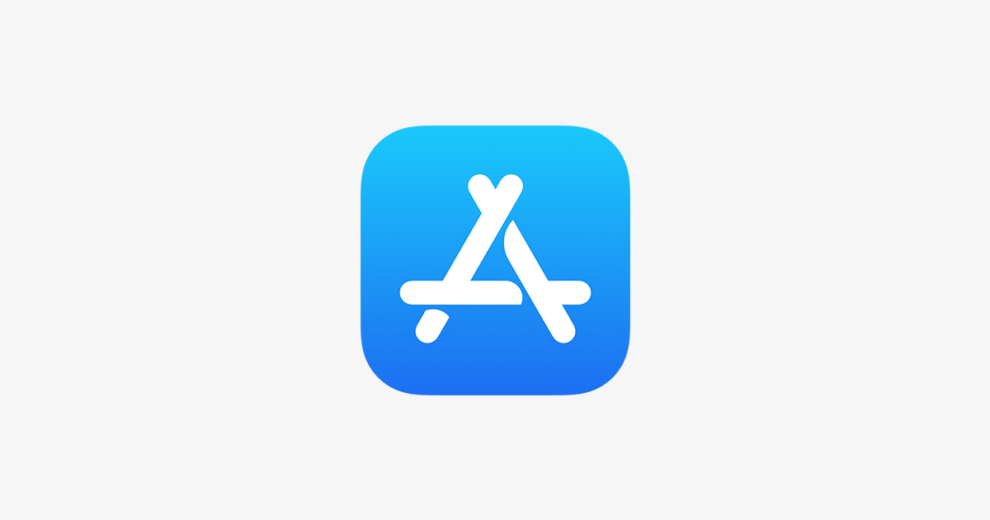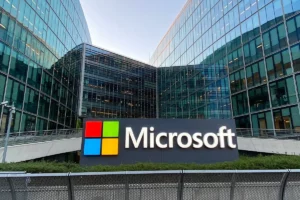A seismic shift is underway in the mobile gaming industry as messenger platforms emerge as powerful new distribution channels, potentially disrupting the long-standing dominance of traditional app stores. This development, highlighted at the recent Token2049 conference, signals a fundamental change in how games reach consumers and how developers monetize their content.
The transformation, discussed by Upland CEO Dirk Lueth during a recent Roundtable session, represents the first serious challenge to Apple and Google’s app store duopoly in years. The emergence of “Mini Apps” within popular messaging platforms like Telegram and WhatsApp is creating new opportunities for game developers to bypass traditional distribution channels and connect directly with massive user bases.
The significance of this shift cannot be overstated. Traditional app stores have long served as gatekeepers, controlling both distribution and monetization of mobile games. However, messenger platforms’ integration of mini apps represents a paradigm shift in how users discover and access gaming content. These lightweight applications can be accessed directly within messaging apps, eliminating the need for separate downloads and simplifying the user onboarding process significantly.
The implications of this evolution extend far beyond mere convenience. For game developers, particularly those in the hyper-casual gaming sector, messenger-based distribution offers unprecedented access to established user networks. This direct channel to potential players could dramatically reduce marketing costs and increase user acquisition rates, traditionally significant hurdles in the mobile gaming industry.
The enthusiasm surrounding this transition was palpable at Token2049, where over 20,000 attendees gathered to discuss emerging trends in the digital space. The strong turnout and engagement levels underscore the industry’s recognition of this potential paradigm shift in game distribution and access.
This development is particularly significant for blockchain-based games and applications, which have often faced challenges with traditional app store policies and restrictions. Messenger platforms’ more open architecture could provide these innovative projects with easier access to mainstream users, potentially accelerating the adoption of blockchain gaming technologies.
The move toward messenger-based gaming also represents a broader trend in the democratization of game distribution. By reducing barriers to entry and simplifying the user experience, this new model could foster greater innovation in the gaming industry, allowing smaller developers to compete more effectively with established players.
From a user perspective, the integration of games into messaging platforms creates a more seamless and social gaming experience. Players can easily share games with friends and engage in multiplayer experiences without leaving their preferred messaging application, potentially fostering more organic growth through social connections.
However, this evolution also raises important questions about the future of mobile gaming monetization. Traditional app stores have provided developers with established payment infrastructure and revenue models. Messenger platforms will need to develop robust alternatives to these systems to fully support game developers’ needs.
The trend also highlights changing consumer preferences in how they discover and interact with mobile content. The success of mini apps in messaging platforms suggests users increasingly value convenience and social integration over traditional app store browsing and discovery methods.
Industry experts are watching closely to see how established app store operators will respond to this challenge. Both Apple and Google have invested heavily in their gaming ecosystems, and the rise of messenger-based alternatives could prompt significant changes in their approaches to game distribution and developer relationships.
For developers, this evolving landscape presents both opportunities and challenges. While messenger platforms offer exciting new distribution possibilities, they will need to adapt their game design and monetization strategies to suit these new channels. The success of early adopters in this space could set important precedents for the industry’s future direction.
As this trend continues to develop, it could reshape not just game distribution but the entire mobile gaming ecosystem. The combination of simplified access, social integration, and potentially lower barriers to entry could lead to a more diverse and innovative gaming landscape, benefiting both developers and players alike.
The emergence of messenger platforms as gaming distribution channels marks a significant moment in the evolution of mobile gaming, potentially heralding a new era of more accessible, social, and diverse gaming experiences. As these platforms continue to develop their gaming capabilities, they could fundamentally alter how we discover, share, and play mobile games.
















Add Comment